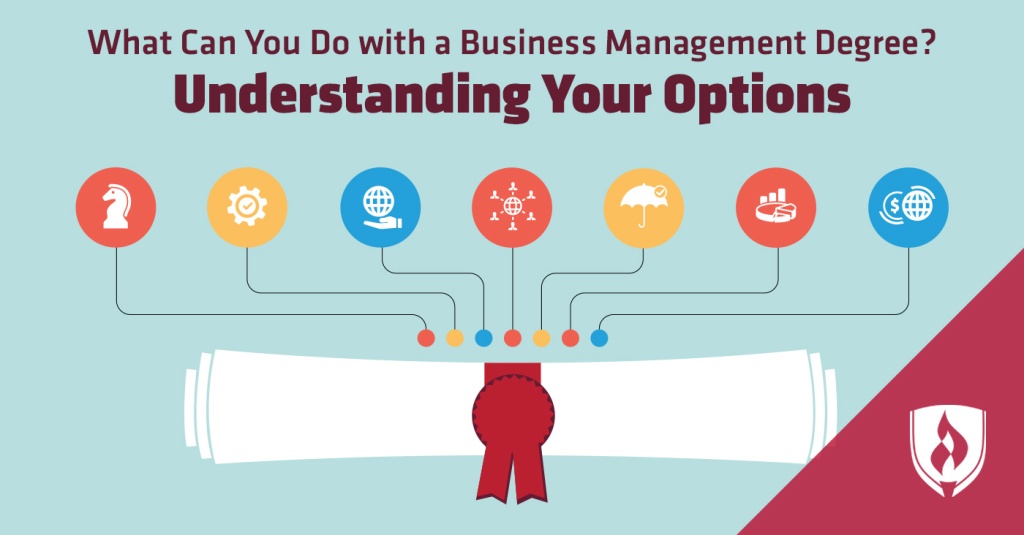It is essential to know which business program suits your personality before making that leap.
What is your dream position?
Almost everyone aspires to be that rich CEO standing by the window, overlooking skyscrapers of the Big Apple, the finance capital of the world.
Can primary education be enough to take you to the pedestal of your wildest dreams?
Success in the field of business is like a staircase. It is a step by step process in which education and learning are the stepping stones for greatness.
Pursuing higher education in a specific business program hones your skills and sharpens your expertise in achieving your desired career growth.
College and universities offer basic training opportunities within their primary education programs or bachelor’s degrees. Training includes the problem-solving approach in commercial enterprising, salesmanship techniques, strategies in coming up with win-win business transactions, and other vital management skills.
Different types of non-degree and business programs
There are two approaches to seeking business program opportunities. First is the non-degree programs; this option can only provide certificates and specific education programs.
Non-degree programs are useful for entrepreneurs wanting to start a business and wanting to have a sense of direction or guide in how to market their venture. This option is more of a quick fix method.
Then there are the degree programs. Degree programs are a ladder of business knowledge with a suitable demand in larger industries as consultants and market analysts. It is differentiated with levels of academic merits, starting from the bachelor’s degree, followed by the master’s degree and finally the doctoral which is at the pedestal of the academe.
Each tier of the business program serves a purpose in the job positions they can apply for after graduation. More advanced degree holders are paid significantly higher compared to those with only a bachelor’s degree.
According to the Graduate Management Admission Council, MBA hires in 2019 has a salary range of $115,000, more than twice as what a bachelor’s degree holder receives, which is at around $55,000.
Different business schools have distinct approaches to teaching: the specialist and generalist type. The specialist approach focuses on specific aspects, such as finance and analytics, while the other type is more comprehensive, broad, versatile and adaptable to different business styles.
According to statistical data, business-oriented careers are still in demand and earns pretty well. As an individual, knowing your strengths and incorporating it to the right field-of-choice will undoubtedly make a long way career-wise.
Feature image by Rasmussen College website







